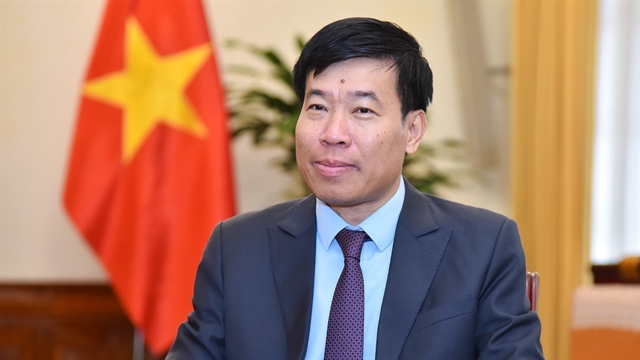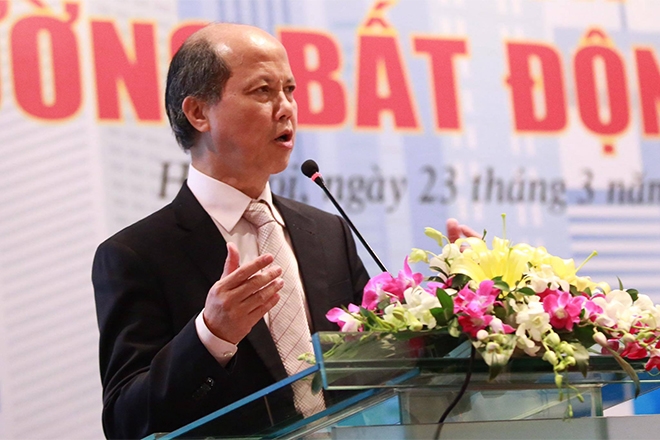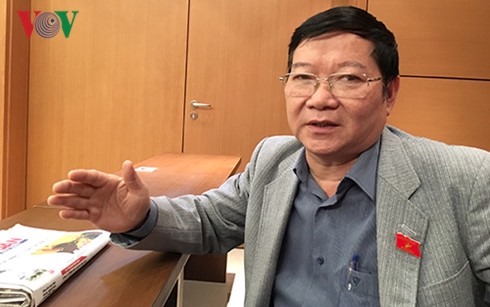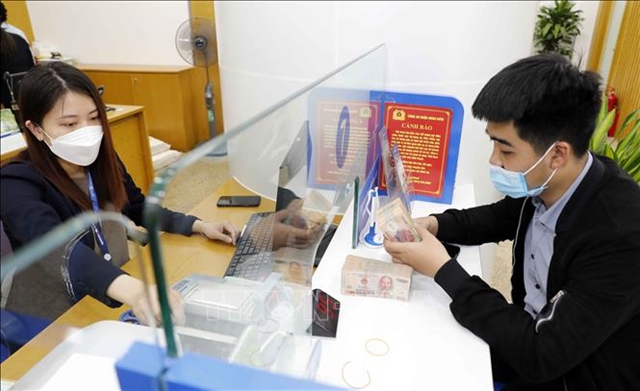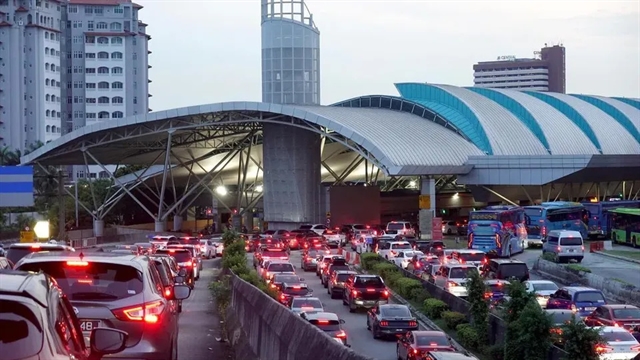
 |
| Nguyễn Đức Thành. |
Nguyễn Đức Thành, director of the Việt Nam Institute for Economic and Policy Research, spoke to Hải Quan (Customs) newspaper about the country’s economic development targets.
What are your assessments of the government’s economic management in the first half of 2016?
National economic growth in the first half of 2016 was not as high as had been expected. The recently released economic growth rate in the second quarter made me very disappointed; it was much lower than what I expected. Based on the economic development in the first half of the year, I think the economic growth rate for the second half will be only 6 per cent.
Regarding the Government’s economic management, the Government did its best to reform the national economy, particularly in administrative reform and improving the business environment.
However, the changes cannot be seen immediately, but next year and in the years to come. This is a driving force for our mid-term and long term development.
I don’t think the report on the slow economic growth rate for the first half of the year was a surprise to me or others. This has been a common issue for our economy in the last decade, particularly sliding economic performance of Vietnamese enterprises.
What do you think about the Government’s recent monetary policy?
The Government adopted a number of policies which had positive reactions from the market, particularly a circulation regulating the limitation and the percentage of safety guarantee for credit organisations. Many experts praised the protective shield included in the circulation. It has also served as an effective tool to prevent mishaps in the real estate market.
A good and effective monetary policy will help stabilise the inflation rate.
Finally, I want to refer to an issue that has arisen recently – precious ingot or gold mobilisation from the general public. I don’t support the practice. As we all know, Vietnamese people consider gold as an asset kept for “rainy days”. And if we have a stabilised macro economy, no doubt, people will sell gold for cash to deposit in banks for interest. This is a good way to mobilise people’s idle money into the national economy, instead of mobilising their gold.
What makes you think that the target of 6.7 per cent GDP for this year will not be achievable?
I and many other experts have shared the same opinion. We have to base our ideas on projections and calculations based on the country’s economic growth rates in the 1st and 2nd quarters of 2016. They are all under 6 per cent.
For the second half of 2016, it is my estimation that it will hover at about 6 per cent or lower.
Regarding promoting growth, in my opinion, the driving forces are the recovery of the private economy and household consumption, but they have had flimsy recoveries. Other factors including exports, basic capital construction and the State’s public spending are also very difficult to forecast.
If the National Assembly decides not the change the GDP rate of 6.7 per cent for 2016, do you think that decision will have some impact on the inflation rate?
If the GDP rate remains at 6.7 per cent for 2016, in my opinion, two consequences will arise.
Firstly, I don’t think the 6.7 per cent growth rate will be achievable.
Secondly, if we decide to achieve that target at any cost, we will have to utilise all available resources to create forced growth incentives, including pumping more money into credit while increasing public spending or extracting more crude oil to earn more money for the state budget. In my opinion, these efforts will have negative impacts on the private sector and the general public’s confidence in the government. Despite all these efforts, cash flow might not go into production as it was designed for, but into the asset market. As a result, inflation rate will climb up and the macro stabilisation target will not be hit.
That’s why, in my own opinion, the National Assembly and the Government should be more realistic. Việt Nam and the world have been experiencing many unwanted factors. So, I suggest that Việt Nam should adopt a more realistic GDP rate which truly reflects the country’s capacity. — VNS

